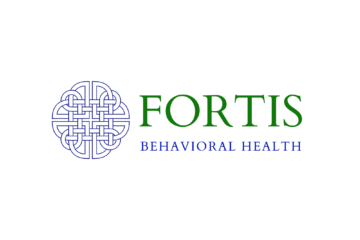Embracing Neurodiversity: Nurturing Understanding and Support for Autism

Deana Flynn
MSC, PMHNP-BC
April 8, 2024
April is Autism Awareness Month, a time when we come together to promote understanding, acceptance, and support for individuals with autism spectrum disorder (ASD). As a mental health provider, I believe it’s crucial to shed light on this complex neurodevelopmental condition and emphasize the importance of early diagnosis and inclusive support systems.
Diagnosis in Childhood: Early Intervention is Key
One of the most significant steps in supporting individuals with autism is early diagnosis. While every child develops at their own pace, certain developmental milestones can indicate potential red flags for autism. These may include delays in speech and language, difficulty with social interaction, repetitive behaviors, and intense focus on specific interests.
As mental health providers, educators, and caregivers, it’s essential to remain vigilant and observant of these signs. Early intervention programs tailored to the unique needs of children with autism can significantly improve outcomes by fostering developmental progress and enhancing social skills.
Levels of Support: Understanding the Spectrum
Autism is often referred to as a spectrum disorder because it encompasses a wide range of symptoms, behaviors, and challenges. The Diagnostic and Statistical Manual of Mental Disorders (DSM-5) outlines three levels of support needed for individuals with ASD:
Level 1 (Requiring Support): Individuals with level 1 ASD require some support to navigate social situations and may experience difficulties with flexibility and organization.
Level 2 (Requiring Substantial Support): Those with level 2 ASD often exhibit more pronounced social and communication challenges, requiring more significant support to function effectively in various settings.
Level 3 (Requiring Very Substantial Support): Individuals at this level typically require extensive support across all areas of daily functioning, including communication, behavior, and social interaction.
Understanding these levels of support is crucial for tailoring interventions and services to meet the unique needs of individuals with autism.
Building Supportive Environments: How You Can Help
Creating inclusive environments that embrace neurodiversity is essential for supporting individuals with autism. Here are some ways individuals, schools, and communities can contribute:
Promote Acceptance: Foster a culture of acceptance and understanding by educating others about autism and advocating for inclusivity.
Provide Accommodations: Offer accommodations and modifications in educational and community settings to support individuals with autism in reaching their full potential.
Encourage Communication: Foster open communication and provide opportunities for individuals with autism to express themselves in ways that feel comfortable for them.
Offer Sensory-Friendly Spaces: Create sensory-friendly environments that accommodate the sensory needs of individuals with autism, such as quiet areas and sensory-friendly activities.
Dispelling Myths: Vaccines and Autism
It’s crucial to address misinformation surrounding autism, particularly the debunked myth that vaccines cause autism. Numerous scientific studies have thoroughly discredited any link between vaccines and autism spectrum disorder. Vaccines are safe, effective, and vital in preventing serious illnesses and protecting public health.
Conclusion: Embracing Diversity and Inclusion
As we commemorate Autism Awareness Month, let us reaffirm our commitment to fostering understanding, acceptance, and support for individuals with autism. By embracing neurodiversity and advocating for inclusive environments, we can create a more compassionate and inclusive society where everyone has the opportunity to thrive. Together, let’s celebrate the unique strengths and abilities of individuals with autism and work towards a future where everyone is valued and respected, regardless of their neurodevelopmental differences.
Subscribe To Our Newsletter
Subscribe to our monthly newsletter to stay informed about the latest office policies, closures, and articles authored by our provider. Receive up-to-date information directly to your inbox.

Fortis Behavioral Health is committed to providing compassionate, integrative mental health services tailored to the unique wellness journey of each individual we serve.
Contact Details
- 220 Wintergreen Dr., Ste. B Lumberton, NC 28358
- admin@fortisbehavioralhealthnc.com
- 9 AM - 5 PM , Monday - Friday
- (910) 536-1719
- (910) 668-8048
Designed by Ink and Web Solutions
Copyright © 2024 All rights reserved.


